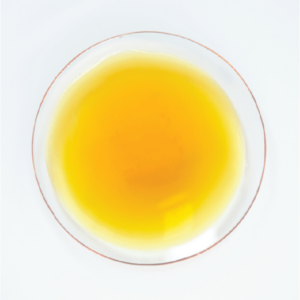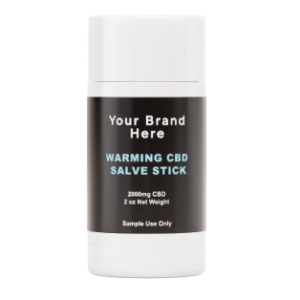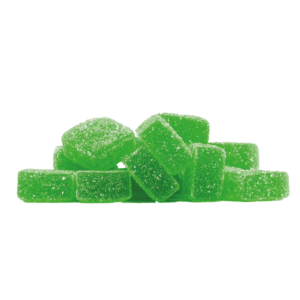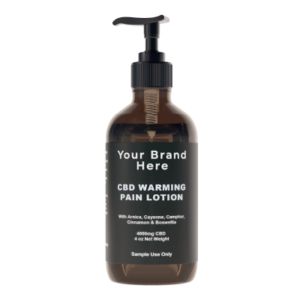Understanding Full Spectrum And Broad Spectrum CBD Oil: Key Points For CBD Product Developers And Business Owners
The difference between full-spectrum and broad spectrum CBD oil is changing as the industry evolves. There is a lack of what is termed as an ‘industry standard’ because the hemp CBD industry is still in its relative infancy and standardized best practices and guidelines have yet to be fully established. So, while we are in this pioneering period, it requires that business owners and product developers explore the variables in the production of CBD oil and how it impacts the quality of the end product.
You might be considering crafting a brand of products that offers whole plant benefits: however, perhaps you would also like to have THC free products that appeal to certain demographics, like children, military or others that require THC free protection. The following information is designed to provide some key points to help you craft your unique, quality brand products and position in the CBD marketplace.
Key Point #1
Hemp is an agricultural product and therefore the biomass or input materials change from crop to crop, locations in which they are grown, as well as environmental and seasonal variables. This should be taken into consideration when sourcing and this is one of the challenges in finding extracts that maintain a consistent profile.
When choosing a wholesale CBD provider and processor it is important that the company is transparent about where is sources its biomass and provides traceability from the farm to the final product.
Key Point #2
Full Spectrum CBD oil is extracted from the flowers and leaves of the hemp plant. The full-spectrum of cannabinoids, terpenes, flavonoids and other beneficial compounds that naturally occur in the plant are all present. It is becoming industry standard to refer to crude oil and distillates as full spectrum oils. Oils that are THC compliant are referred to as THC compliant or broad spectrum and Non Detectable THC oils are labeled NDTHC.
Key Point #3
Broad spectrum CBD oil is now understood to be THC compliant oil or <0.3%, the legal limit defined in the 2018 farm bill. Although this is true, there are two important questions to ask that will help you determine exactly what you are buying. There are different processes employed to achieve THC remediation (bringing THC to a Non-detectable level) in CBD oil. Chromatography is one THC remediation technique and it requires high-tech lab equipment. Other methods used are mixing Isolate with other cannabinoids, and it is useful to ask what remediation technique is used.
Another question, you can ask, that helps you validate the assurance that the THC remediation is consistent: is your processing out-sourced or in-house remediation? In-house remediation indicates the possibility of more quality control, however few companies have in house chromatography at this time.
High quality chromatography remediated oil, such as LaurelCrest’s 60% non crystallizing oil, are THC compliant, heavy with minor cannabinoids like CBDV and THCV and contain no additives or carriers; therefore providing an optimum choice for use in any CBD products
LaurelCrest is dedicated to transparency in all aspects of our processes. We are dedicated to customer trust, satisfaction and education.
Please contact us with any questions or further information about our products and services. We look forward to providing you with all of the information you need to make an informed choice.




